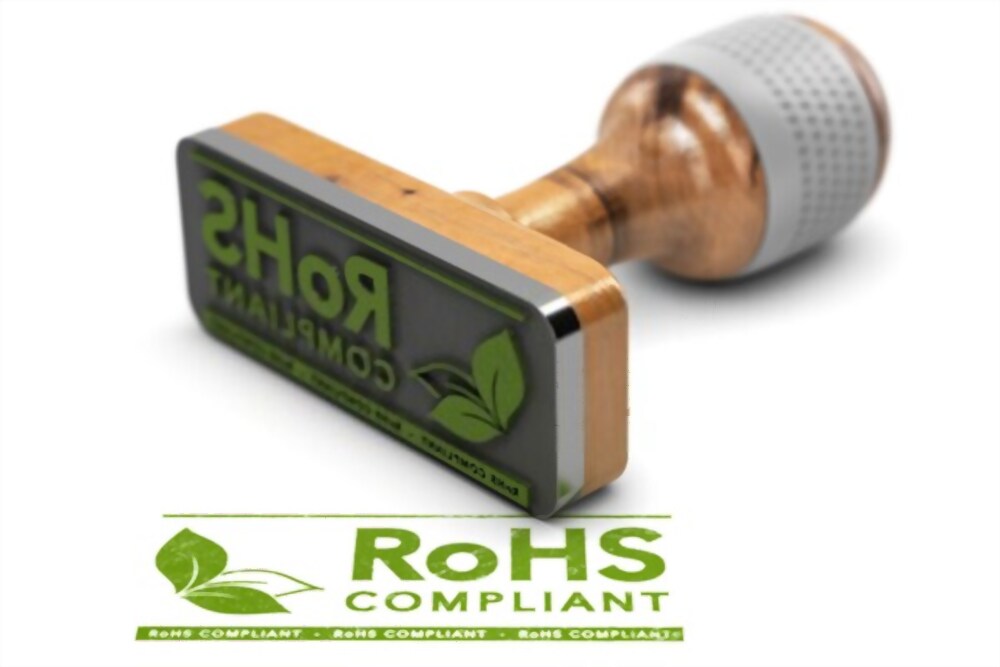
RoHS, or Restriction of Hazardous Substances, is a directive (2002/95/EC) that regulates the use of specific hazardous substances in electrical and electronic equipment (EEE). It aims to reduce the environmental impact of EEE by restricting the use of substances such as lead, mercury, cadmium, and others that are harmful to human health and the environment.
RoHS compliance ensures that products are free from hazardous substances, promoting environmental sustainability and consumer safety. Businesses involved in the manufacture, import, or distribution of EEE must adhere to RoHS regulations to ensure their products meet the required standards.
Our RoHS Compliance Services:
At Utkrasht, we offer comprehensive RoHS compliance services to help businesses navigate regulatory requirements and ensure their products meet the necessary standards. Our services include:
Compliance Assessment:
Our experts conduct a thorough assessment of your products and processes to determine RoHS compliance status and identify any areas of non-compliance.
Documentation and Reporting:
We assist in preparing the required documentation, including RoHS compliance reports and certificates, to demonstrate adherence to regulatory requirements.
Testing and Certification:
We facilitate testing of products for RoHS compliance and help obtain relevant certifications from accredited testing laboratories.
Regulatory Updates and Support:
We provide ongoing support and guidance on regulatory updates and changes related to RoHS compliance, ensuring that your business remains compliant with evolving standards.
Ensure your products meet RoHS requirements and uphold environmental stewardship with Utkrasht’s reliable and efficient RoHS compliance services. Contact us today to learn more about how we can assist you in achieving RoHS compliance and demonstrating your commitment to sustainability.
Contact Information:
For more details or to initiate RoHS Compliance services, please visit our website or contact our dedicated team via email or phone. We’re here to address your queries and guide you through the compliance process, ensuring a seamless and compliant experience.
Incorporating a startup in India usually involves several key steps. These steps typically include registering the business name, acquiring a Director Identification Number (DIN) and Digital Signature Certificate (DSC), preparing the Memorandum of Association (MoA) and Articles of Association (AoA), and submitting the incorporation documents to the Registrar of Companies (RoC).
Registering as an MSME brings forth a host of advantages, including access to government schemes and subsidies, priority sector lending, protection against delayed payments, eligibility for tax benefits, and expanded market opportunities.
A private limited company stands as an independent legal entity, affording its owners limited liability protection and accommodating multiple shareholders. On the other hand, a sole proprietorship represents an unincorporated business solely owned and managed by an individual, offering simplicity but lacking limited liability protection.
Indeed, obtaining a PAN (Permanent Account Number) is mandatory for incorporating a startup in India. PAN serves various tax and regulatory purposes, including opening a bank account, filing tax returns, and conducting financial transactions.
Absolutely, foreign nationals and Non-Resident Indians (NRIs) are permitted to incorporate a startup in India. However, specific conditions and regulatory prerequisites, such as obtaining requisite approvals, may be applicable depending on the nature of the business and the residency status of the foreign national.
Empowering Businesses for Unparalleled Success through Innovative Strategies, Dedication to Excellence, and Customized Solutions Tailored to Your Needs.
Note: Payments for services are only accepted in the name of Utkrasht Udhyog Seva Private Limited and the type of account is solely “Current Account” via NEFT/IMPS, RTGS , Razorpay and we do not accept payments on personal accounts or under any other name.
Chat with us